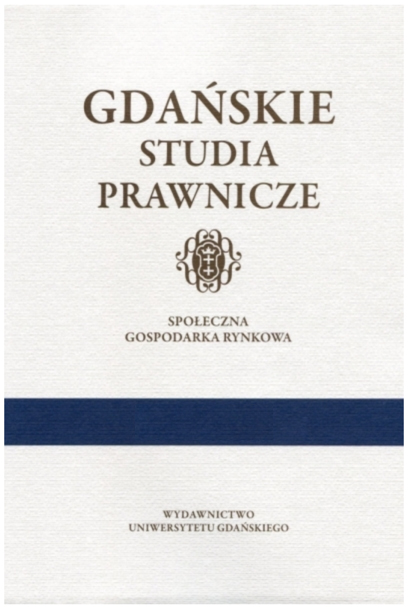Zasada skargowości i zakaz orzekania ponad żądanie stron w procesie rzymskim
Principle of complaints and the prohibition to rule over the request of the parties in a Roman process
Author(s): Krzysztof AmielańczykSubject(s): History of Law, Criminal Law, History and theory of political science
Published by: Wydawnictwo Uniwersytetu Gdańskiego
Keywords: Romans; history of law; history of government; criminal law;
Summary/Abstract: Numerous procedural principles that have been formulated in modern science were known and applied by the Romans. One of the main principles governing Roman civil and criminal processes was the principle of complaints. It had been applied in Roman procedural law since the beginning of the statehood and but it was officially formulated in the Constitution of the emperors Diocletian and Maximian of 284 AD, which stated that“Invitus agere vel nemo accusare cogitur”. The Constitution expressed the prohibition of proceeding without a civil complaint initiating the civil process (actio) or without accusatory complaint initiating a criminal process (accusatio). In the civil process the plaintiff submitting a complaint outlined the expected boundaries of legal protection, which corresponded to the jurisdiction of a court. The court could not judge the issues that were not covered by the complaint. In a criminal process the principle of complaints required a strict delimitation of the accusations so the prosecution had to clearly indicate the actions which were to be judged. The court could not go beyond the boundaries of the indictment and sentence for another offense than the one indicated in the criminal complaint (accusatio).
Journal: Gdańskie Studia Prawnicze
- Issue Year: 2015
- Issue No: XXXIII
- Page Range: 33-46
- Page Count: 14
- Language: Polish

